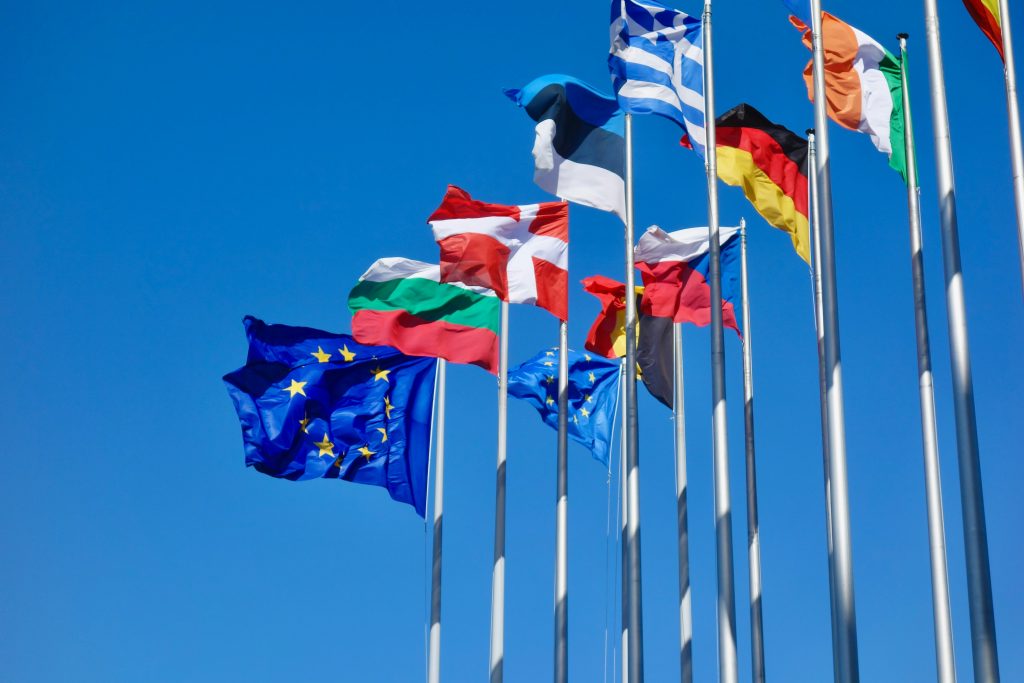Once again, abortion ban is on the table of Lithuanian Parliament’s agenda. Exceptions would not apply even when there are serious health risks to the fetus. The initiators claim they are representing Christian values.
Not the first time that abortion ban on the table
The proposal to ban abortions is once again on the agenda of the Parliament’s spring session. Despite public opposition and popular protests, the draft law finds its way to the Parliament’s Committee on Human Rights every year. The members of Parliament who initiated the Law on the Protection of Life in the Prenatal Phase in 2013 are once again trying to restrict women’s rights in relation to their own bodies.
Appealing to Christian values and public morals, the initiators are ignoring NGO concerns about human rights violations. Should the amendments be adopted, the Parliament would become the judge in situations where women should rightfully decide whether to give birth or not. A ban on abortions would have a negative impact on women’s health or life, whereas the ruling party is justifying the decision by referring to Lithuania’s exceptionally low birth rate – which, it seems, needs to be promoted by any means necessary.
As Z. Jedinskij, an MP belonging to the Polish faction within Parliament who was one of the iniators of the draft law, said: “The Church supports our law, the Church and believers are part of society. Why can we not ask their opinion? But we are of the same mind. There are many movements against this law, which are illegal, but this is a part of society that has the right to air their opinions. I have never been to the Archdiocese, but I am a believer and this law is not against my views.” Therefore in Lithuania, even in the absence of a state religion, the ruling party, when attempting to pass legislation that violates human rights, often appeals to believers’ feelings.
Two exceptions?
The draft amendment provides that a woman should give birth in all cases, even if there is a high probability that the child will have serious health issues. Truth be told, the legislators did provide for two exceptions to the ban: first, when the pregnancy poses a risk to the woman’s life or health and, second, when there are reasonable grounds for believing that the pregnancy is the result of criminal acts.
However, these exceptions are questionable, since in both cases – whether it is danger to a woman’s health or sexual abuse – you would need time and evidence. Despite the risks, such legislation would stoke doctors’ fears and discourage them from terminating pregnancies even when there are good grounds to believe that the fetus will be defective or that the woman was a victim of abuse.
In cases of sexual violence and abuse, there would be additional difficulties due to the complicated process to bring these cases to the attention of the law enforcement authorities – the police still prefers not to record such incidents, with pre-trial investigations being rare.
It is also important to mention that a year ago, the Committee on the Elimination of All Forms of Discrimination Against Women (CEDAW) conducted a comprehensive investigation in Northern Ireland and identified human rights violations in the area of sexual health due to national abortion laws. The report concludes that the prohibition of abortion violates even a few articles of the Convention on the Elimination of All Forms of Discrimination against Women, while the recommendations formulate a broader provision of the Committee on the legal termination of pregnancy in four cases: incest, sexual abuse, serious infantile pathology and threats to women’s health. The Lithuanian Parliament’s Human Rights Committee also appealed to the CEDAW Committee on the commentary on the new draft law of the Seimas in Lithuania.
Systemic problems untouched
Efforts to ban abortions are unlikely to reduce their rate – women from the upper echelons of society would still be able to get them in other countries, since the law prescribes no criminal liability for that. This would not only widen the gap between the wealthy and not-so-wealthy women, but also give rise to a “black market” for abortions, which would pose a serious risk to women’s lives, health and psychological well-being. Underage girls would also face social exclusion sine they would be forced to proceed with the unwanted pregnancy.
We need to give more attention to the integration of gender education in schools, which would cover all topics related to reproductive rights, the right to life, safe baby planning and contraception. While acknowledging that the best way to reduce the number of abortions is through sexual education, the MPs who have proposed the draft law are still hiding behind “God’s will” and Church sermons, without daring to devote enough attention to progressive solutions to problems.
Abortion is still seen as something stigmatizing or even murder, which is why the ruling party continue to try to appeal to voters with conservative views. If this amendment were adopted, women would be deprived of their right to control their body and making autonomous decisions related to their private lives.
Article was edited on March 30, 2018 specifying that the draft law is currently included in the programme of the spring session of Seimas, but not on the agenda of the Parliament’s Human Rights Committee.
Mažvydas Karalius, HRMI’s Researcher-Consultant.
Source: lrytas.lt








